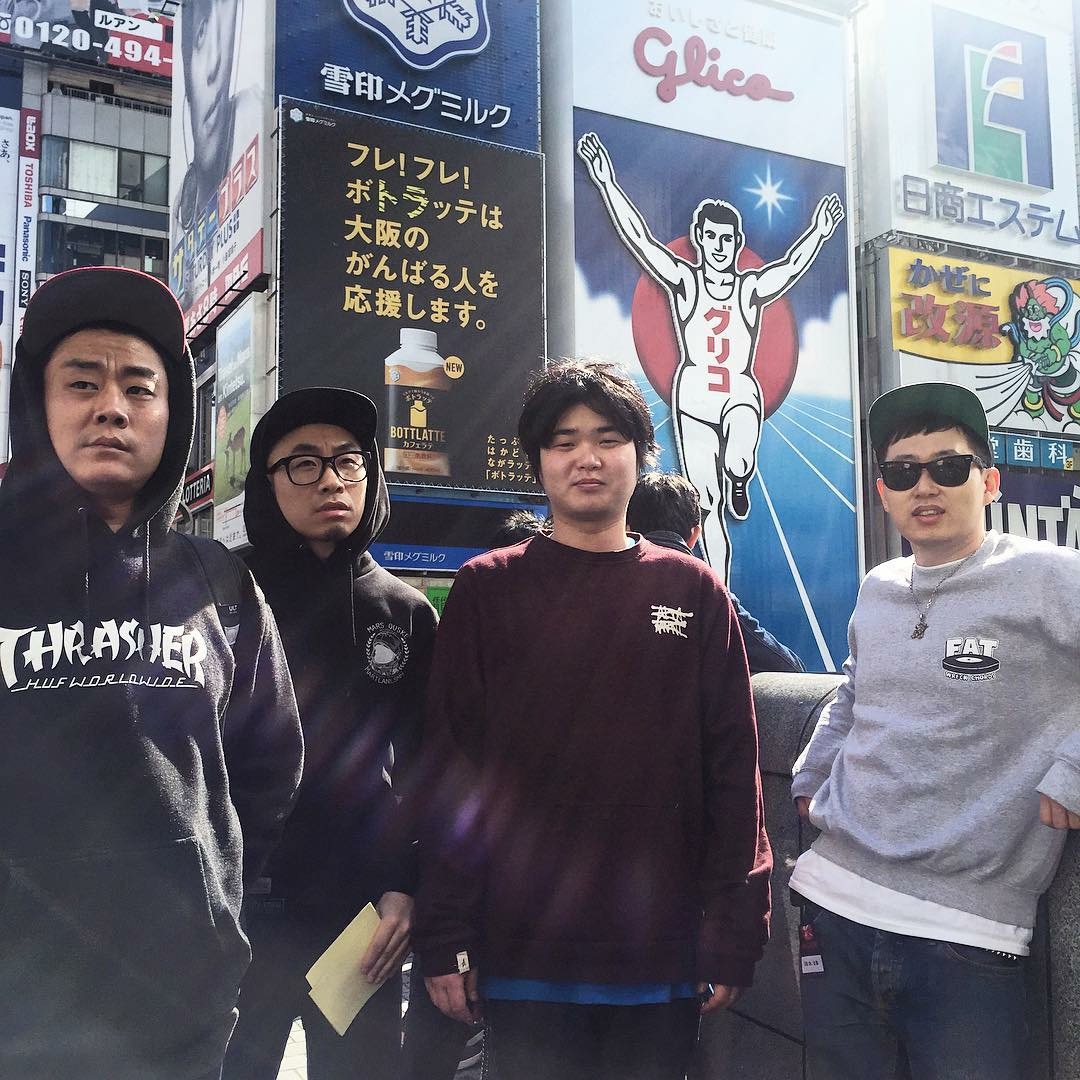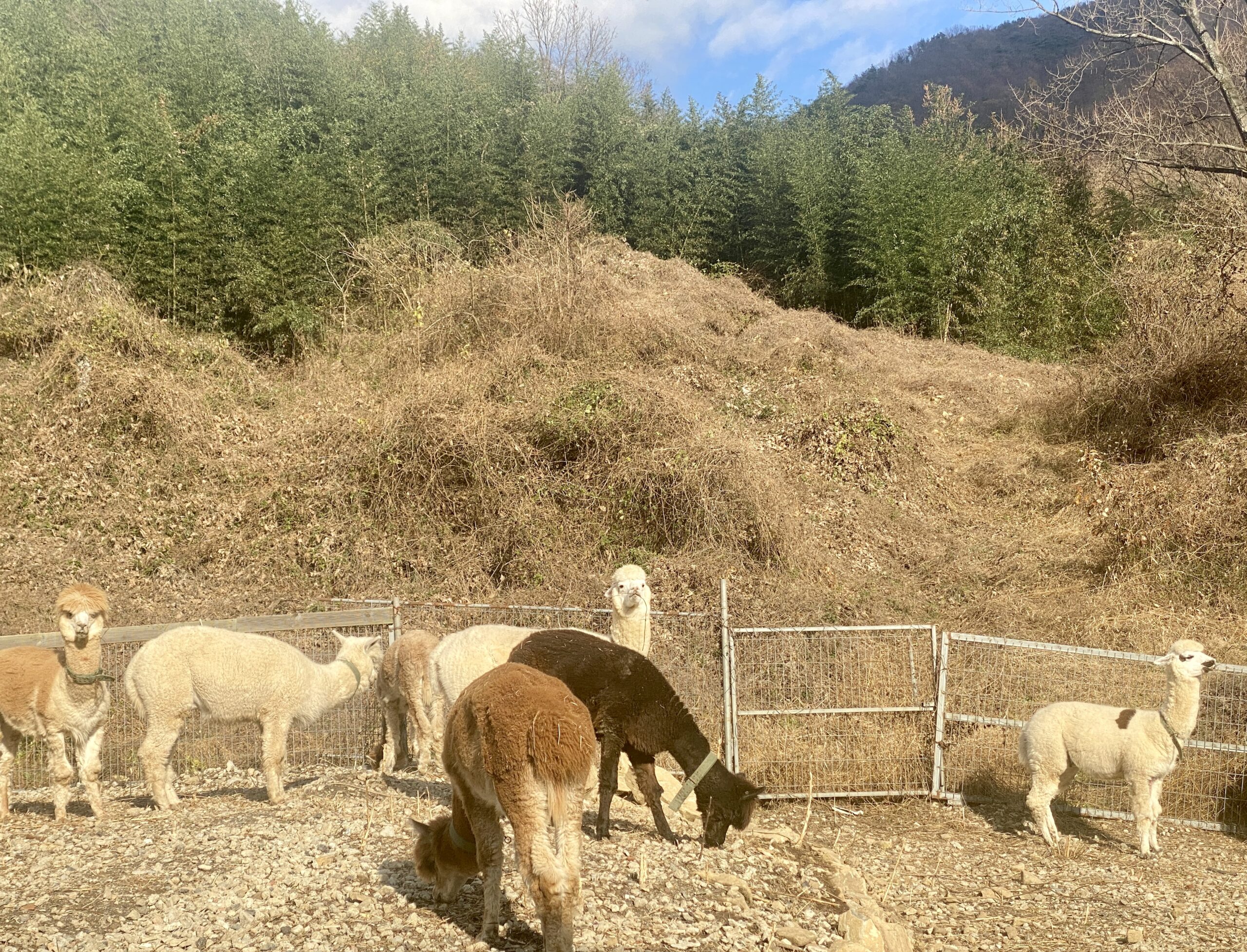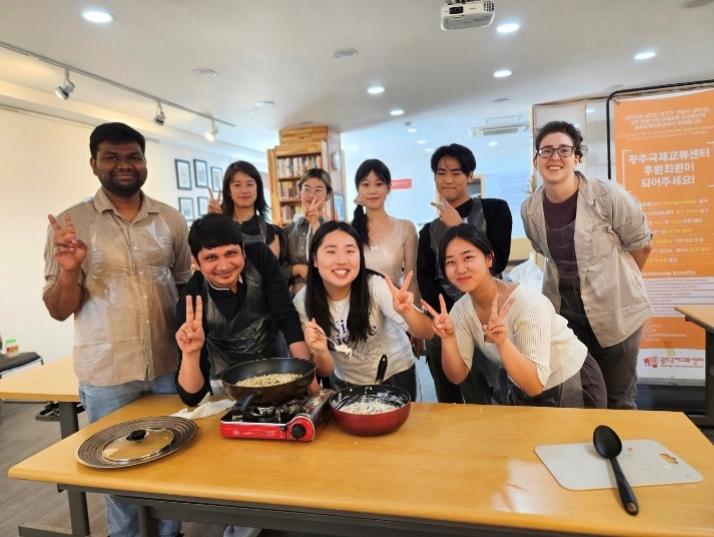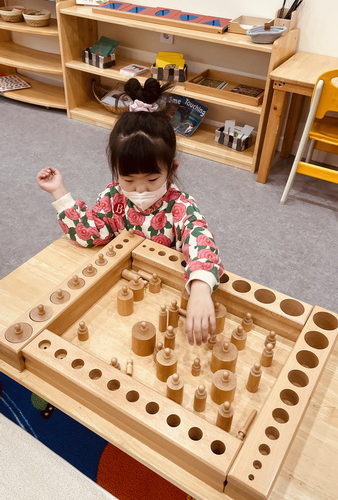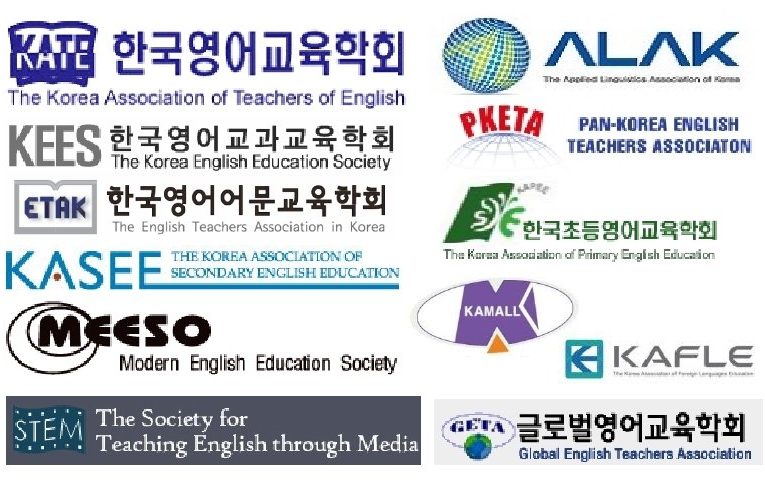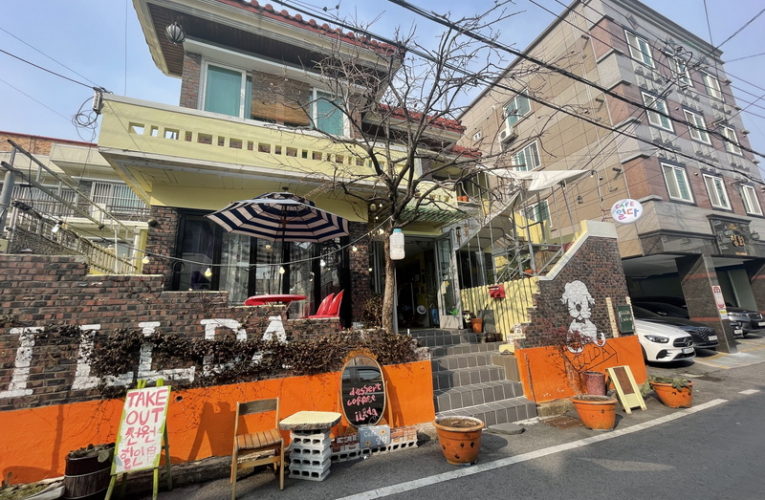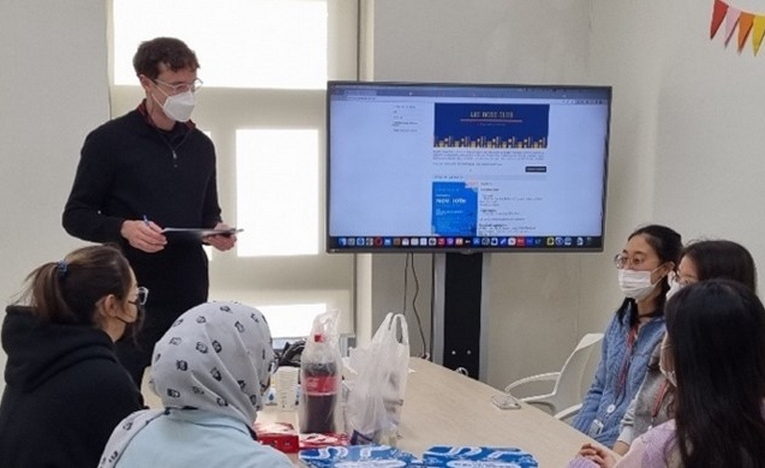Stimulation and Recognition: Expanding Children’s Sensorial Experience in the Classroom
Montessori has developed a very specific and deliberate methodology to take advantage of the formations of development that exist in children from three to six years old. Until this point, children tirelessly absorb the sights, sounds, and messages of their environment and those around them. At the age of three, a child’s heightened sensitivity to order can be used to guide the fascinating task of learning to organize and decipher existing knowledge. In addition, by adding deliberate movement, you can improve the use of your senses while enhancing your awareness of mathematical principles and patterns that exist in the world around you.

